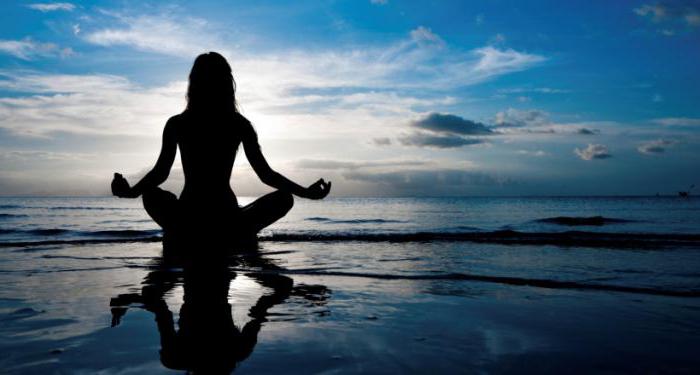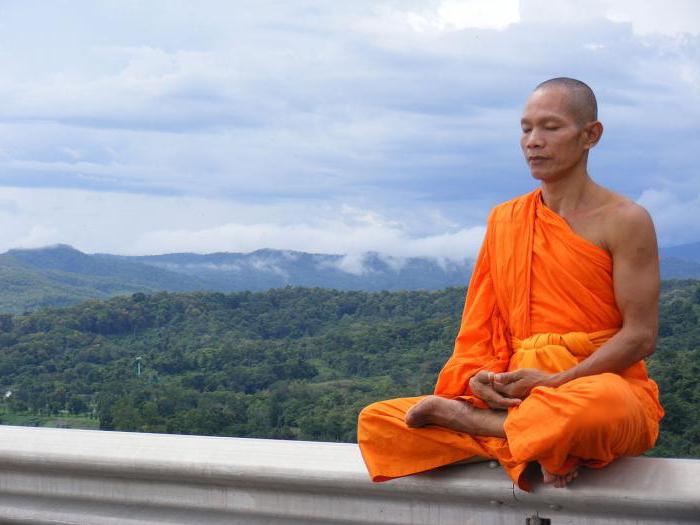One of the qualities that they have been trying to develop in a person since childhood is will. It is with its help that he can overcome difficulties, make decisions and lead a normal lifestyle. Will is not an inborn quality; each person develops it in himself.
The concept
Will is a person’s conscious control of his actions, which help him to solve external and internal problems. In psychology, it is believed that this quality is not an isolated property of the human psyche. The structure of the volitional act can be traced in many behavioral reactions. For example, when resisting temptations, when a person moves toward a goal, denying himself something.
 It is volitional action that helps him to come to the result that he consciously outlined. To do this, the individual performs certain actions, consciously strains mentally and physically in order to translate into reality what he wants. Thus, we can safely say that this quality is extremely important, it is it that allows a person to carry out any activity.
It is volitional action that helps him to come to the result that he consciously outlined. To do this, the individual performs certain actions, consciously strains mentally and physically in order to translate into reality what he wants. Thus, we can safely say that this quality is extremely important, it is it that allows a person to carry out any activity.
How did the will
The structure of the volitional act was improved and developed in the processes of development of society and history. She was necessary for work. A variety of volitional qualities arose when people fought for their existence, exerted forces to survive, restrained themselves to become part of society. And the more important the goal the man set for himself, the more forces he exerted for its implementation, the faster the will improved as a quality of the psyche. Only realizing oneself and one’s actions, a person is able to achieve the desired result.
What gives free rein
Volitional behavior provides the performance of several body functions that are interconnected. It wins, activates a person and slows him down. The activating function allows you to consciously make decisions, force yourself to something to get the desired result. The second function allows you to restrain your desires, that is, it does not allow a person to be active in the area that will prevent him from achieving his goal.
Volitional action
It can be characterized by the presence of conscious goals, as well as difficulties and obstacles, the so-called stress, at the time of overcoming them to obtain a result. The structure of the volitional act can be simple and complex.
The first can have two phases: a person sets a goal, not always clearly realizing it and induces himself to action. The second phase is the direct implementation of the action itself, which is most often familiar and familiar to the individual. He does this at the very moment the momentum arrives. The difference of this volitional act is that there is no struggle of motives, a person does not have internal contradictions, and he does not fight with himself.
Complex volitional act
But for a complex volitional act, the presence of three phases is characteristic. The first is called preparatory. It includes the emergence of desire. A person is attracted to something, he begins to want it, and therefore there is a subsequent impulse to action aimed at obtaining the desired. The second phase, which contains the structure of the volitional act in psychology, is the struggle of motives. A person decides whether he really needs it or whether it can be replaced by something. Is the work worth the result? At this moment, a person must make an informed choice. After that, a person develops a sense of responsibility for his actions.And only then he begins to plan, calculate the ways and means that will help him achieve what he wants.
The main phase of volitional acts is the implementation of decisions. When considering complex volitional action, we can say that it also includes overcoming difficulties of an objective and subjective nature. External circumstances do not depend on a person; his volitional qualities cannot affect them. This is essentially any difficulties that came from outside, for example, the resistance of people from the outside. But internal problems directly depend on the individual. It takes into account his mental and physical condition. His habits, lack of experience or knowledge may interfere.
Some effort is simply necessary for a person to be able to make a decision and execute it. This is a mental phenomenon that determines the specifics of a volitional act, which ensures the mobilization of internal human resources and creates motivation for the implementation of actions that can lead to a result. These efforts are directly dependent on the worldview of a person, his moral qualities, attitudes, self-organization and the presence of goals that are significant for society.
The final phase, which contains the structure of the volitional act is to summarize. Depending on whether a person has achieved success or, conversely, he will experience a range of emotions. Among them, the main ones: annoyance, joy, calm, shame, repentance. It is in this way that a person gains experience in order to carry out a more complex thoughtful act next time. The most significant volitional act is considered to be one that is carried out instantly. Usually a person is able to manifest it only in particularly difficult situations, for example, in a disaster, during an accident or on the battlefield.
Qualities
There are volitional qualities that allow a person to achieve the desired. Among the most basic, the following should be highlighted:
- Willpower, that is, the degree of effort that a person can exert to achieve a goal.
- Perseverance. It is a long-term mobilization of internal reserves to complete the task.
- Exposure It allows you to slow down feelings and desires that can interfere with the actions necessary to achieve a result.
- Energy.
These qualities are considered basic, the psychology of will considers them basic for not very difficult volitional decisions. Over time, a person develops in himself the secondary qualities necessary for a serious choice. This is decisiveness, courage, self-control, self-confidence. They relate not only to willpower, but also to the character of a person. There is also a third type of volitional qualities: discipline, responsibility, duty, discipline and determination.
Conclusion
The psychology of the will implies that qualities develop from primary to secondary and so on as an individual gains experience and knowledge. The whole conscious life, committing certain actions, a person develops his will. The most important period in the development of the will is childhood. It was at this time that a person is able to develop and accustom himself to the performance of certain actions. In childhood, the human psyche acquires the most important components of the volitional act, therefore it is so important to engage in the development of this trait.